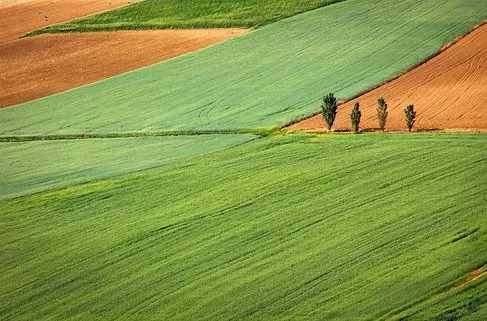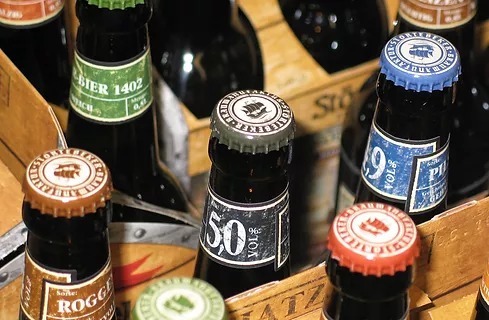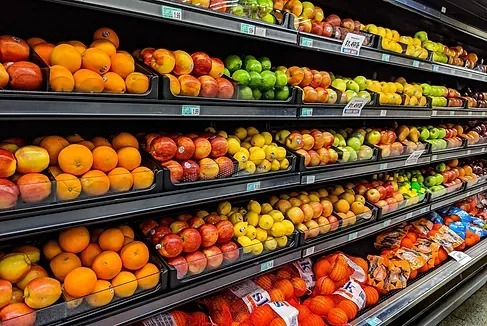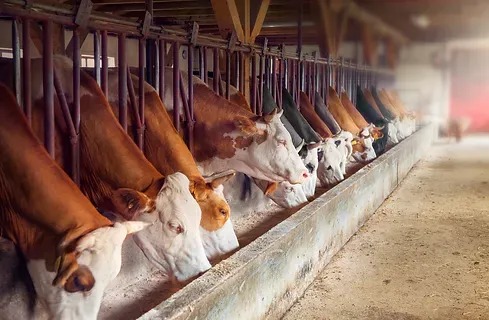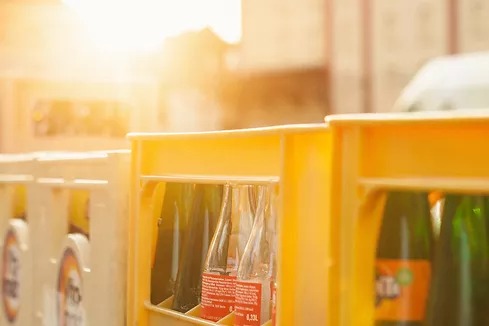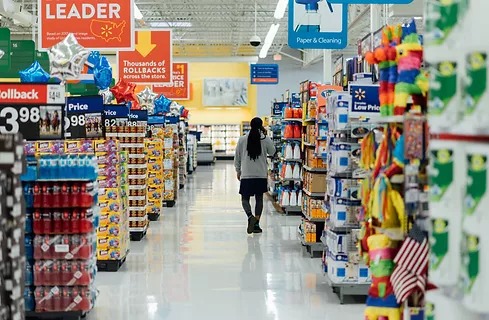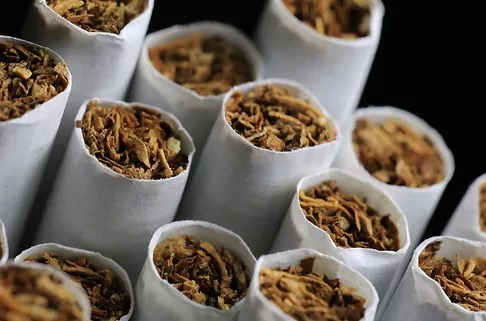Industries
1. Agricultural Products
2. Alcoholic Beverages
3. Food Retailers & Distributors
4. Meat, Poultry & Dairy
5. Non-Alcoholic Beverages
6. Processed Foods
7. Restaurants
8. Tobacco
Range of Food & Beverage Risks
1. Food Safety & Health Concerns
2. Fair Labour Practices & Workforce Health & Safety
3. Environmental & Social Impacts of Ingredient Supply Chains
4. Greenhouse Gas Emissions
5. Energy Management & Fleet Fuel Management
6. Water Management
7. Packaging Lifecycle Management
HEALTHCARE
ESG Strategy
Supply Chain
INFRASTRUCTURE
Carbon Footprint

